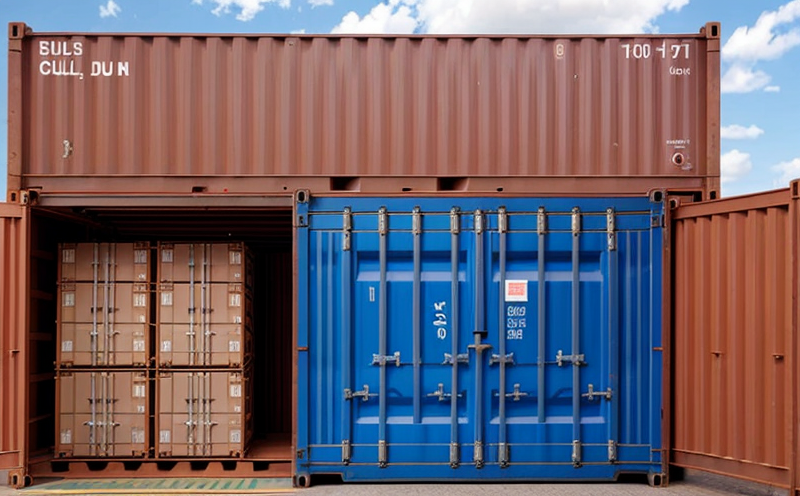USP Packaging Compatibility with Drug Product Testing
The USP Packaging Compatibility with Drug Product Testing is a critical assessment ensuring that the container closure system (CCS) used for packaging pharmaceutical products maintains its integrity and compatibility throughout the shelf life of the product. This test is pivotal in safeguarding drug efficacy, patient safety, and regulatory compliance.
During this testing procedure, we examine how various components of the CCS interact with the drug substance under a range of environmental conditions that simulate real-world storage scenarios. The aim is to detect any potential leaching, migration, or interaction between the container material and the drug product, which could compromise the integrity and quality of the packaged pharmaceuticals.
The process involves extensive laboratory analysis using sophisticated equipment such as high-performance liquid chromatography (HPLC), gas chromatography-mass spectrometry (GC-MS), and Fourier-transform infrared spectroscopy (FTIR). These instruments help in quantifying trace amounts of leachable substances and identifying their chemical nature. The test also includes accelerated stability studies, where the packaging is subjected to extreme temperature and humidity conditions for a short duration to predict long-term behavior.
One of the key challenges in this testing lies in the diverse range of materials used in pharmaceutical packaging—glass, plastics, metals, rubber, and coatings. Each material can interact uniquely with different drug formulations. Therefore, understanding these interactions is crucial for ensuring that the chosen CCS effectively protects the integrity of the drug throughout its lifecycle.
The results from this testing are critical inputs for quality assurance departments and regulatory filings. Compliance officers rely on these data to ensure that their products meet stringent USP standards, thus avoiding potential recalls or withdrawals from the market. For R&D engineers, this test provides insights into material selection and packaging design optimization.
For procurement professionals, it offers a means to assess suppliers' capabilities in providing CCS that meet high-quality benchmarks set by regulatory authorities like the United States Pharmacopeia (USP).
Applied Standards
- USP General Chapter <1079>: This chapter specifies the testing and evaluation of container closure systems used in packaging pharmaceutical products.
- ISO 15364:2005: International standard that provides guidance on ensuring the compatibility between drug product and its container closure system.
In addition to these standards, our laboratory follows other relevant guidelines such as ICH Q1C for container systems. These standards ensure consistency and reliability in our testing procedures.
Why Choose This Test
- Ensures Regulatory Compliance: By adhering to USP guidelines, pharmaceutical companies can meet regulatory requirements and avoid non-compliance issues.
- Patient Safety: Ensures that the packaging does not introduce contaminants or leachables into the drug product, thereby safeguarding patient health.
- Long-Term Product Integrity: Provides insights into how packaging will perform over time under various environmental conditions, ensuring long-term product stability.
Competitive Advantage and Market Impact
- Informed Decision-Making for Suppliers: Helps procurement teams evaluate suppliers based on their ability to deliver CCS that meet stringent quality standards.
- Avoids Product Recalls: By identifying potential issues early in the development process, this test minimizes the risk of product recalls and subsequent financial losses.
The USP Packaging Compatibility with Drug Product Testing not only enhances a company's reputation but also differentiates it from competitors by ensuring superior quality and safety standards. This can lead to increased market share and customer trust, which are crucial for sustained growth in the pharmaceutical industry.





